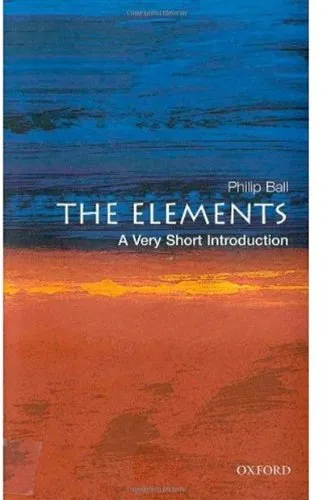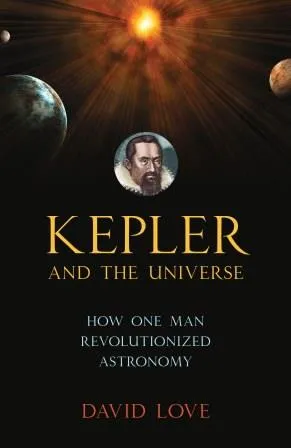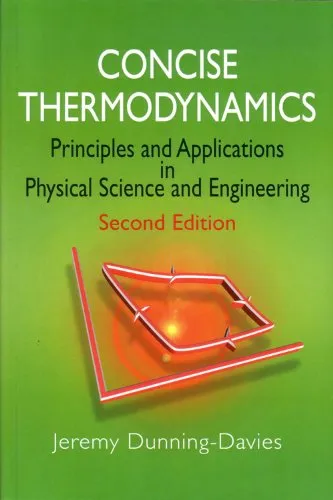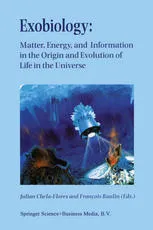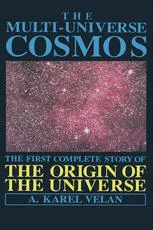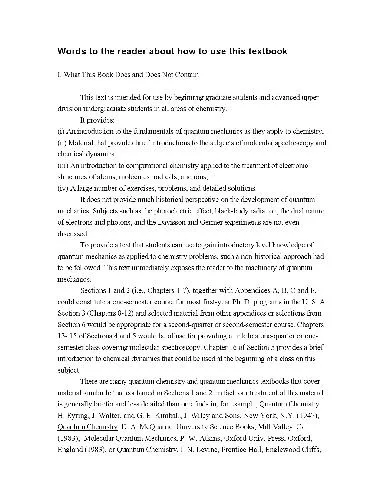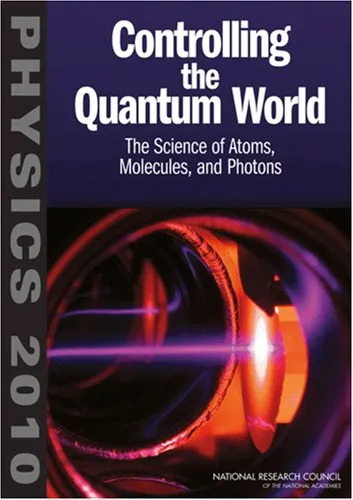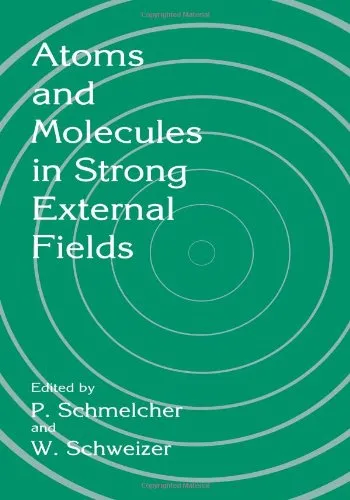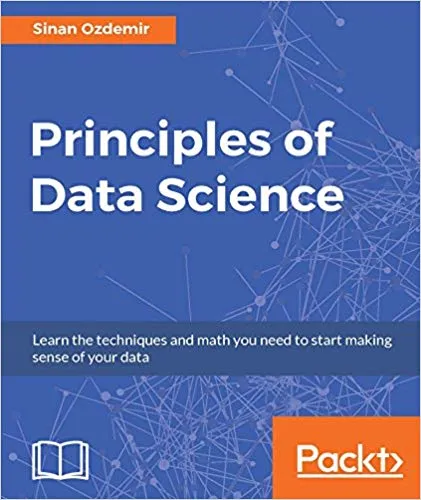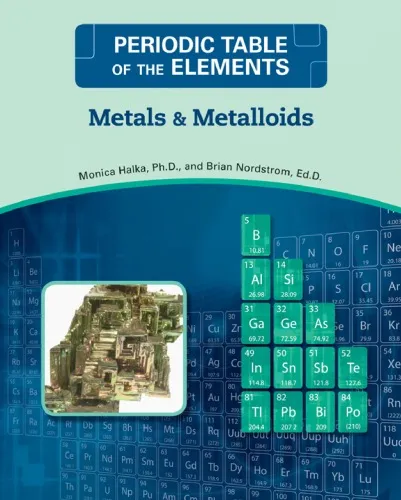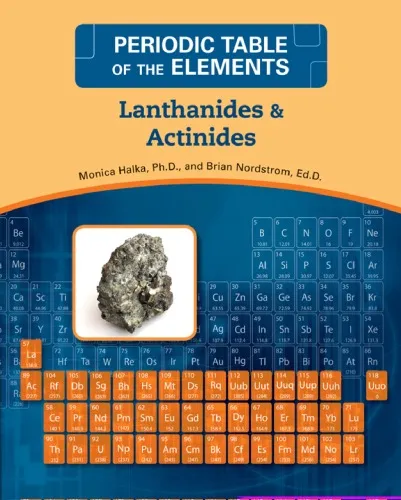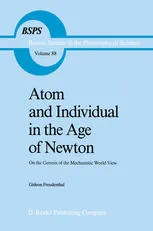The elements: A very short introduction
4.4
Reviews from our users

You Can Ask your questions from this book's AI after Login
Each download or ask from book AI costs 2 points. To earn more free points, please visit the Points Guide Page and complete some valuable actions.Related Refrences:
Introduction to "The Elements: A Very Short Introduction"
"The Elements: A Very Short Introduction," authored by Philip Ball, is a compelling exploration of the foundational building blocks of the universe—chemical elements. This concise yet richly informative book offers a journey through the sciences of chemistry, physics, and history, uncovering the profound significance of the elements in shaping the natural world and human civilization. Through the lens of culture, technology, and scientific discovery, Ball breathes life into the periodic table, making the study of elements accessible and fascinating for everyone.
Far from being merely a collection of dry facts about the periodic table, this book engages readers with discussions on the origins of elements, their role in the cosmos and daily life, and even their symbolic importance across cultures. Whether you are a science enthusiast, student, or simply curious about the material realm, "The Elements" offers an engaging perspective, connecting chemistry to the broader human experience.
Detailed Summary of the Book
At its heart, "The Elements: A Very Short Introduction" is a synthesis of science, history, and cultural insight. The book begins with the basic building blocks of the universe, examining the periodic table and how elements are arranged based on their atomic structure. Philip Ball provides an engaging explanation of the laws that govern the behavior of elements, touching on fundamental concepts like atomic theory and chemical bonding.
The narrative takes readers back to a time before the periodic table was even conceived, illustrating how ancient civilizations encountered and categorized materials like gold, iron, and sulfur without knowledge of their atomic nature. Ball explores how the discovery of elements spanned centuries, fueled by curiosity and breakthroughs in analysis and synthesis.
One of the book’s most intriguing themes is the cosmic origin of elements—how stars act as furnaces where lighter elements transform into heavier ones. Through supernova explosions, the elements are scattered across the universe, ultimately leading to the Earth and the materials we interact with today. Ball masterfully connects this cosmic story with the role elements play in biology, technology, and even human creativity, weaving science and humanity seamlessly together.
Finally, the book highlights the modern relevance of elements, from their importance in medicine and renewable energy to the societal challenges posed by resource scarcity. Throughout, it underscores the timeless allure and practical value of understanding the elements, making it as relevant today as ever.
Key Takeaways
- The periodic table is not just a scientific chart but a representation of the universe's building blocks, connected to both the cosmos and daily life.
- The history of elements reflects human discovery, innovation, and the quest to understand the material world—ranging from alchemy to modern chemistry.
- Elements are deeply entwined with culture, symbolism, and human meaning, as well as with revolutionary technologies that shape our society.
- Scientific discoveries about the elements continue to have practical implications, from advancing medicine to addressing environmental sustainability.
Famous Quotes from the Book
"The periodic table, for all its scientific precision, is essentially a map of human curiosity about what the world is made of."
"The materials that define our civilization—from silicon in electronics to lithium in batteries—are the fruits of millennia of exploration into the elemental makeup of matter."
"Elements are not just the substance of the universe but also the stepping stones of historical and technological progress."
Why This Book Matters
In an age where science and technology dominate our lives, understanding the underlying components of the natural world becomes essential. "The Elements: A Very Short Introduction" provides an accessible yet profound perspective on why elements matter, linking their scientific properties to the broader human experience. The book demystifies chemistry, transforming the periodic table into a fascinating story of creation, discovery, and ingenuity.
This book is not just for science enthusiasts; it’s for anyone who has ever wondered what makes up the materials around us—what composes life, stars, and the very Earth itself. Ball’s narrative encourages a deeper appreciation for the elements that define both the universe and our daily lives. By connecting science with history, culture, and practical relevance, this book bridges gaps between disciplines, making it a must-read for curious minds across all backgrounds.
Ultimately, "The Elements: A Very Short Introduction" invites readers to see the world anew, where every material and every object is part of a grand cosmic story written in elemental form.
Free Direct Download
You Can Download this book after Login
Accessing books through legal platforms and public libraries not only supports the rights of authors and publishers but also contributes to the sustainability of reading culture. Before downloading, please take a moment to consider these options.
Find this book on other platforms:
WorldCat helps you find books in libraries worldwide.
See ratings, reviews, and discussions on Goodreads.
Find and buy rare or used books on AbeBooks.
1450
بازدید4.4
امتیاز0
نظر98%
رضایتReviews:
4.4
Based on 0 users review
Questions & Answers
Ask questions about this book or help others by answering
No questions yet. Be the first to ask!
